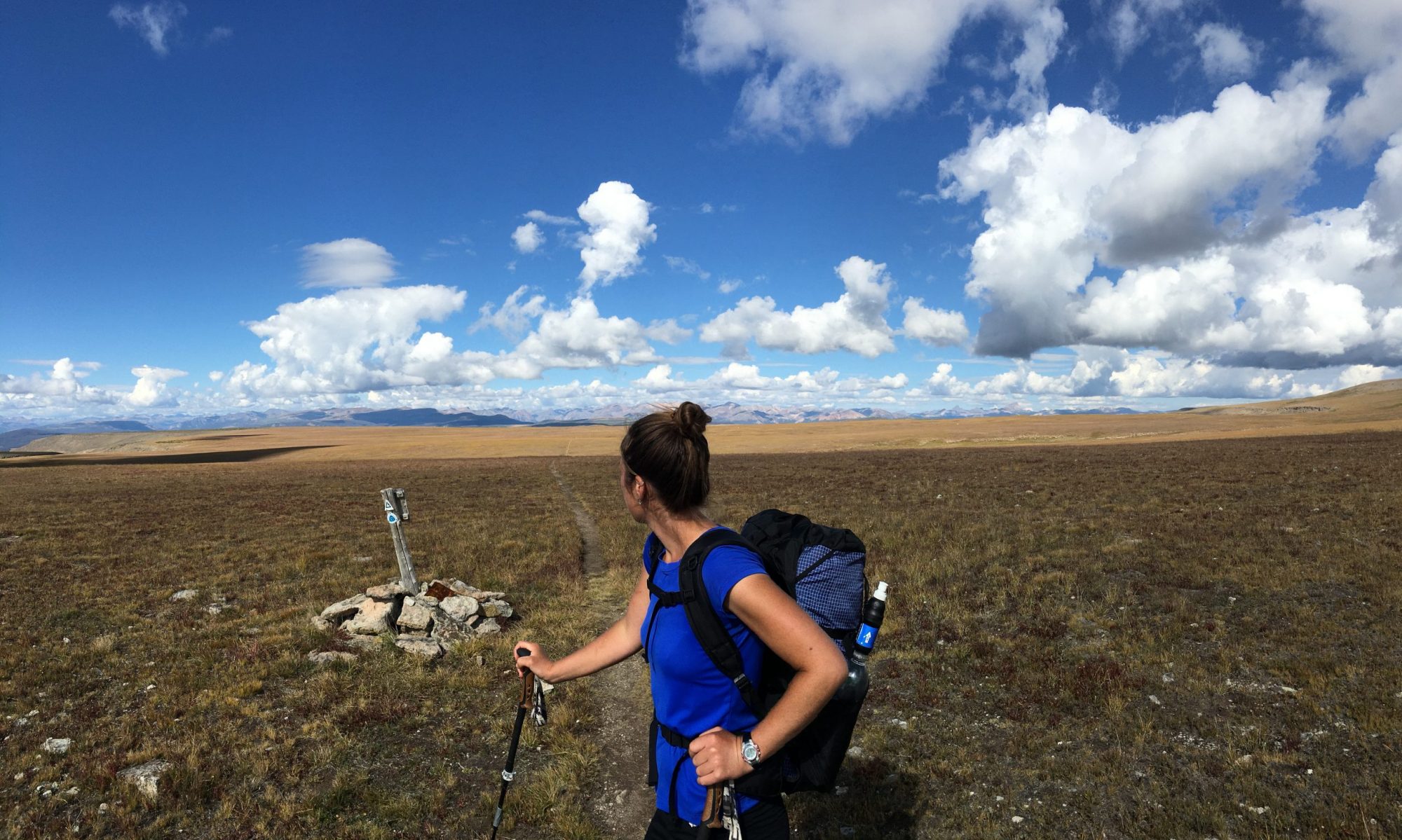A retreat is simple and effective way to get perspective on your life, release limiting patterns, and return refreshed and more free to show up as a better version of yourself.
“You can’t pour from an empty cup.” For those of us with busy schedules and a pile of projects we’d like to tackle, this oft-cited phrase is an important reminder to pause and refill ourselves mentally, emotionally, and spiritually.
While attending a wellness retreat in an exotic location can be a wonderful reset, this isn’t always an option, logistically or financially, nor is it a necessity in order to have a rejuvenating break from your normal routine.
The benefits of intentionally setting aside time to ‘unplug’ are myriad. Primarily, this includes the opportunity to break free from patterns and routines that don’t serve you, a reduction in cortisol (the ‘stress hormone’), decreased depression, improved sense of well being, as well as increased focus and clarity. Essentially, you return to your normal life more fully present and ready to be better at everything, from your training to your career to your relationships.
Use the following simple outline to create a retreat that leaves you rested, nourished, and clear-headed.
Define Your Goal
What is the primary outcome you’d like to receive from your retreat? Will it be devoted to health, wellness, and self care? Is there a certain creative project you’d like to make progress on? Would you like this to be a time for deepening your spiritual practice? Take a moment to envision how you’d like to feel at the end of your retreat. Select your top objectives and set your intention.
Choose the Date and Location
An at-home retreat is affordable and keeps planning simple. However, if you’re unable to hold your retreat at home, or if you prefer not to, book a small cabin nearby to keep logistics easy. Set aside an entire weekend, from Friday evening through Sunday afternoon, if possible.
Send Invites (optional)
If your retreat vision includes others, invite a few close friends. Depending on your focus, intimate companions and deep discussion can facilitate growth and expansion for everyone. Let the potential attendees know your intention and expectations as well as event details, like dates, location, and what they should bring.
Clear Your Calendar
Call the babysitter (or dogsitter). Tell friends and family your plans and that they shouldn’t expect to reach you during this time. Delegate any tasks that need handled while you’re away. During the retreat, turn off your phone and resist the temptation to check email. Let this be a sacred time for you to truly reconnect with yourself.
Plan Activities & Meals
Design a general outline for your days. Consider these ideas: include some form of physical activity, like morning yoga and a hike in nature; read a book (spiritual or personal development are good options); set aside time for meditation; indulge in your favorite self care, like baths, massage, journal time, or other creative pursuits. Plan a few simple, healthy meals, and gather your ingredients.
Process & Integrate
Before wrapping up your retreat, reflect on your weekend. Did you have any insights or mindset shifts that you’d like to carry back into your daily routine? Jot these down and make a plan for how you will include them in your life, post-retreat.
With a bit of planning, you can enjoy the well-deserved benefits of a retreat without the hassle or expense of going to a far off location!


Katie–
This is a great post. And timely, thanks. This book also makes a good case for time-outs:
https://www.amazon.com/Scent-Time-Philosophical-Essay-Lingering/dp/1509516050/ref=sr_1_1?crid=2O9K6A71FO5X6&keywords=the+scent+of+time&qid=1583294403&sprefix=the+scent+of+time%2Caps%2C210&sr=8-1
Thanks, Phil! And thanks for book share, as well.